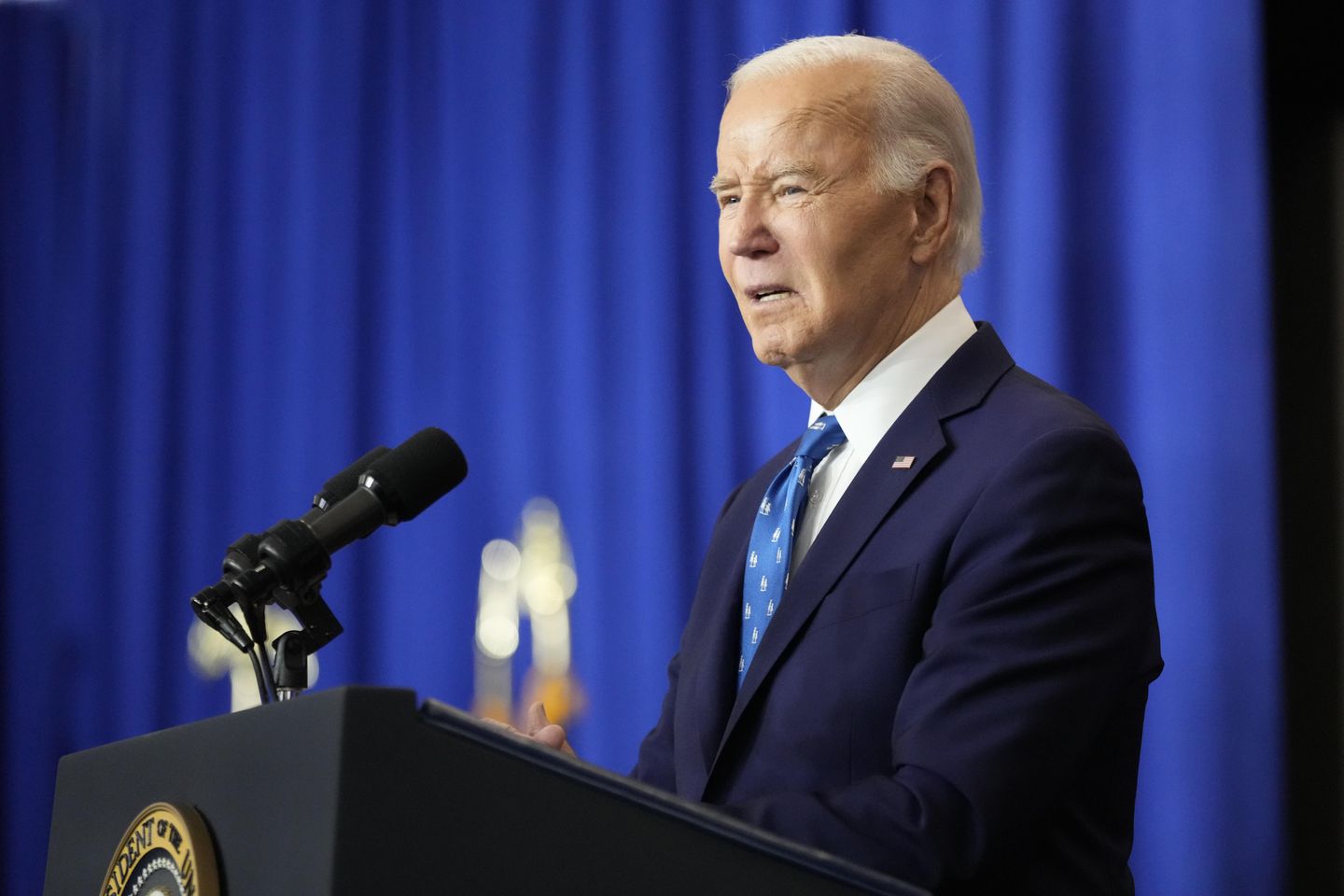President Joe Biden made a controversial decision on Monday when he vetoed a bill that would have added 66 federal district judgeships. The bill had originally been a bipartisan effort, but Biden cited concerns about the rushed nature of the process, stating that important questions remained unanswered about the life-tenured positions.
The bill in question had passed the House of Representatives with overwhelming support, but it faced opposition in the Senate. Democrats had pushed for the additional judgeships in order to ease the backlog of cases in federal courts, while Republicans had raised concerns about the potential impact on the judiciary.
In his veto message, Biden expressed his belief that the bill had not been given enough careful consideration. He argued that the rushed nature of the process had left important questions unanswered, including how the new judgeships would be allocated and what impact they would have on the overall functioning of the federal judiciary.
The President’s decision to veto the bill was met with mixed reactions. Some praised him for taking a stand against what they saw as a hasty and poorly thought-out piece of legislation. Others criticized him for blocking a measure that they believed could have helped to address the challenges facing the federal court system.
Biden’s veto of the judicial expansion bill is likely to reignite the debate over the size and composition of the federal judiciary. With the backlog of cases in federal courts continuing to grow, there is a pressing need for solutions to ensure that justice is delivered in a timely and efficient manner.
The President’s decision to veto the bill is also likely to have political implications. The fact that the bill had originally been a bipartisan effort suggests that there is broad support for addressing the challenges facing the federal court system. However, the disagreement over how to achieve this goal highlights the deep divides that exist in Washington.
In the wake of Biden’s veto, lawmakers on both sides of the aisle are likely to continue to push for solutions to address the backlog of cases in federal courts. The debate over the size and composition of the federal judiciary is far from over, and it remains to be seen how Congress will move forward in the coming months.
Overall, President Biden’s decision to veto the bill adding 66 federal district judgeships has sparked a heated debate over the future of the federal judiciary. With the backlog of cases in federal courts continuing to grow, there is a pressing need for solutions to ensure that justice is delivered in a timely and efficient manner. It remains to be seen how Congress will address these challenges in the months and years ahead.









